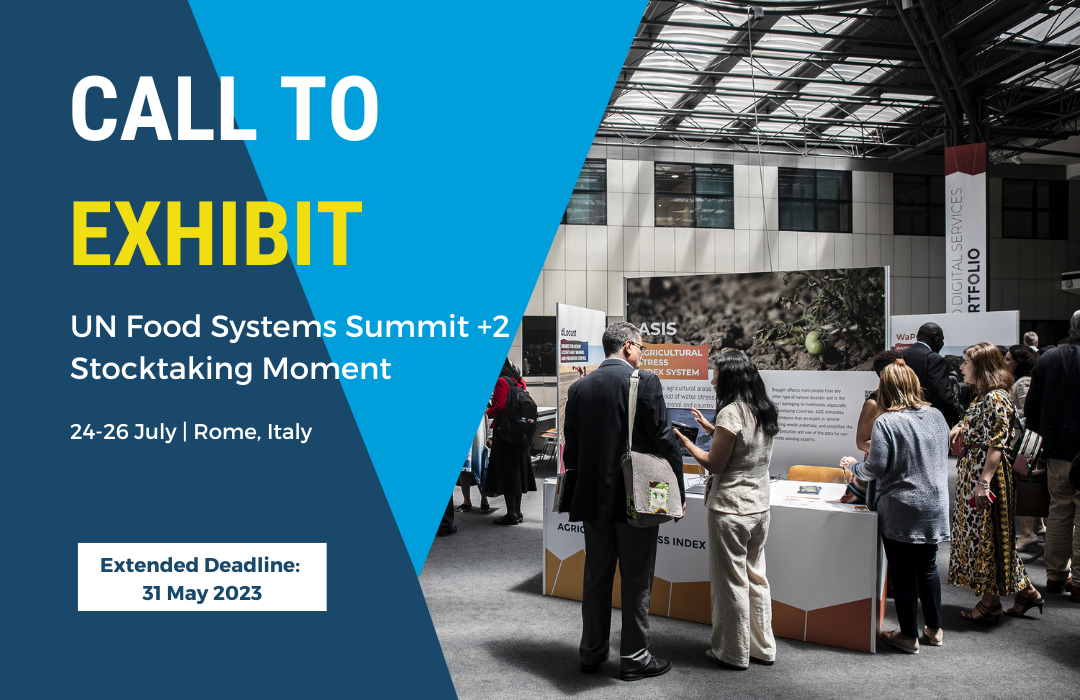SEED FUNDING JOINT PROGRAMMES
Jordan
Transforming Jordan's Agri-food System towards greater sustainability and resilience



PROJECT TITLE | Transforming Jordan's Agri-food System towards greater sustainability and resilience |
| Context | Since 2021, Jordan has placed food security and system at the forefront of its developmental goals with the adoption of the National Food Security Strategy (NFSS) for 2021–2030. The NFSS envisions access to safe, affordable, and nutritious food for all by 2030. The 2022-2024 National Food Security Action Plan for the implementation of the NFSS prioritizes food availability, improved access to and better utilization of food, and strengthening governance mechanisms. |
| PUNOs | FAO, UNIDO |
| Contribution to SDGs | SDG 2 Zero Hunger, SDG 8 Decent Work and Economic Growth |
| Contribution to other SDG transitions | Decent Jobs and Universal Social Protection |
| Duration | September 2024 – August 2025 |
| Expected financial leverage | USD 30,000 – co-financing from FAO, UNDO, MoA |
| Alignment with SG Call to Action | Policy integration; Food systems governance; Research, data, technology and innovation; Inclusive and participatory design; Private sector engagement; Financing |
| Outcomes | The JP strengthens the government’s capacity to identify and implement strategic programs that deliver positive outcomes across multiple dimensions of food systems, including production, post-harvest, processing and distribution. The JP emphasizes the inclusion of refugees, women and youth in food systems. |
| Partners |
|
| Outputs |
|
NEW EXTENDED DEADLINE: Call to Exhibit at UN Food Systems Summit +2 Stocktaking Moment

©FAO/Giuseppe Carotenuto
The UN Food Systems Coordination Hub is pleased to invite applications for exhibition booths at FAO’s Headquarters in Rome over the three days of the UN Food Systems Summit +2 Stocktaking Moment (UNFSS+2), 24-26 July 2023. Applications are due no later than 31 May 2023.
Access the Exhibition Booth Application Form here.
Information and Guidelines
Exhibition booths will be placed on the ground floor of FAO, in the atrium of the grounds, for the entirety of the UNFSS+2. This large, open space is where FAO staff and guests convene, network and walk through. As a space that people naturally gravitate towards, it can attract attention, provide visibility and raise awareness to the National Convenors, public officials, UN agencies and other food system actors attending the UNFSS+2. The exhibition booths selected for this space will have the unique opportunity of capturing the diverse audience’s attention and help create a dynamic background for event coverage.
Exhibitors are expected to be on-site either Saturday or Sunday to prepare their table ready for Monday’s opening events. The set-up would remain for all three days of the UNFSS+2. Exhibition booths must always be staffed by at least one organization representative during the event hours (Agenda, TBC), two event access badges to selected applicants.
Selected applicants are responsible for their own travel and accommodation costs. There will also be a fee of 1,500 USD, covering all technical aspects of the exhibition booth (i.e., furniture, digital signage, branded table and backdrop). The design of each exhibition booth is to be done collaboratively with UNFSS+2 planning teams. Priority will be given to applications submitted by FSS Coalitions and relevant actors of the FSS Ecosystem of Support.
